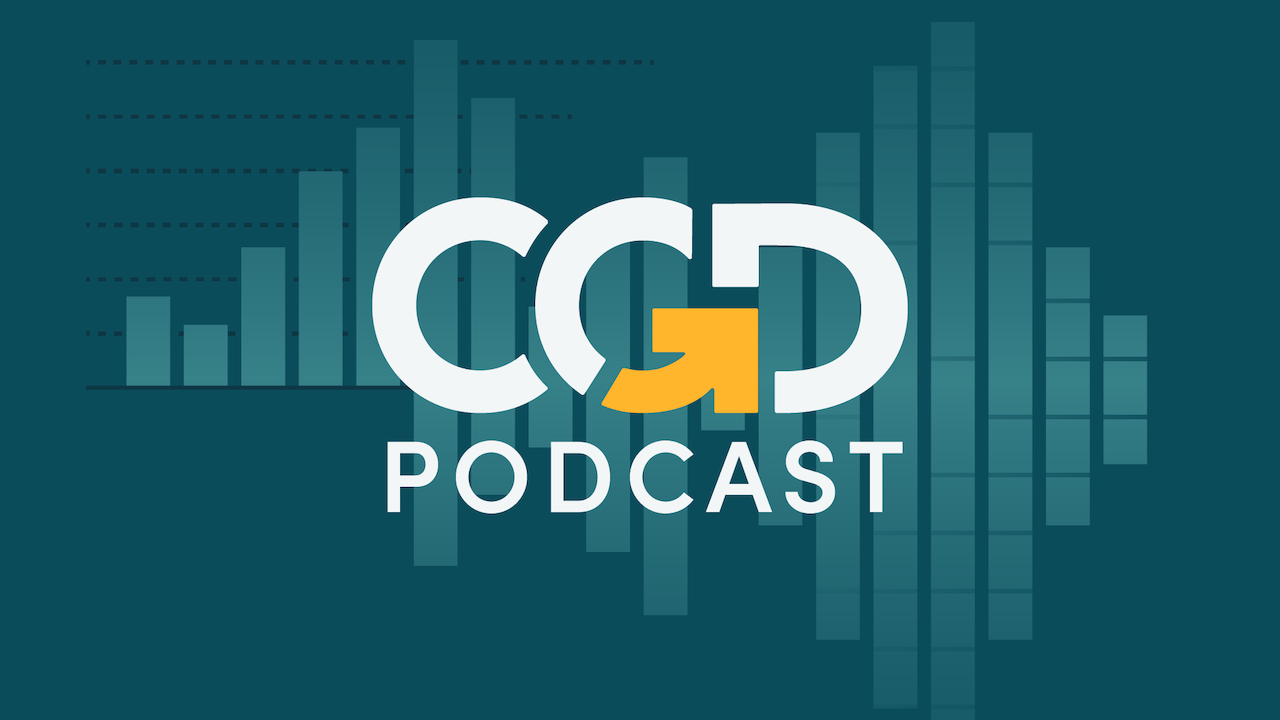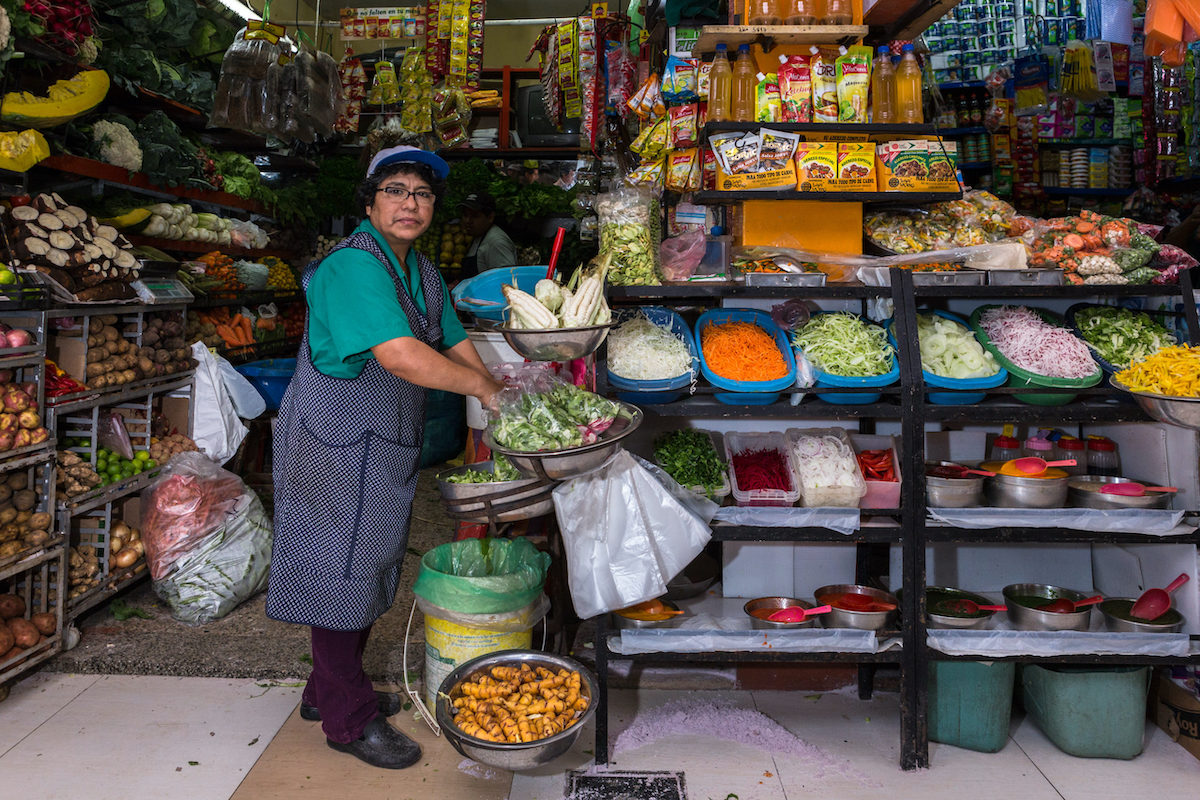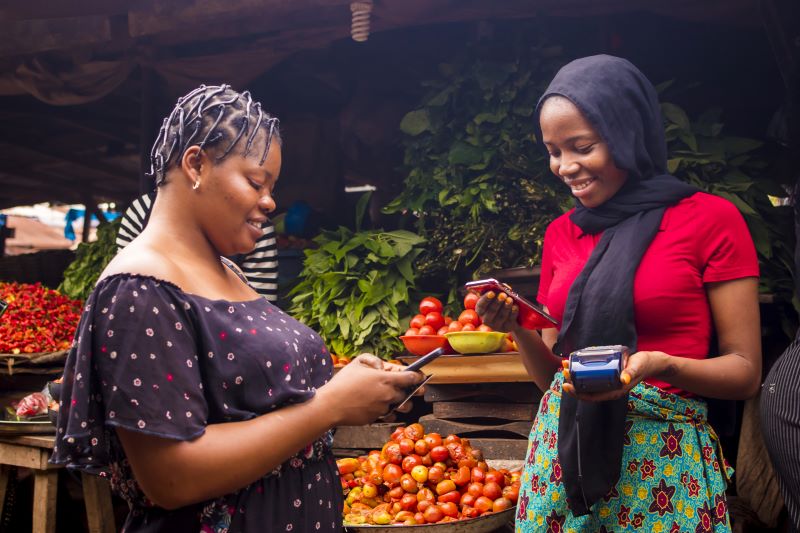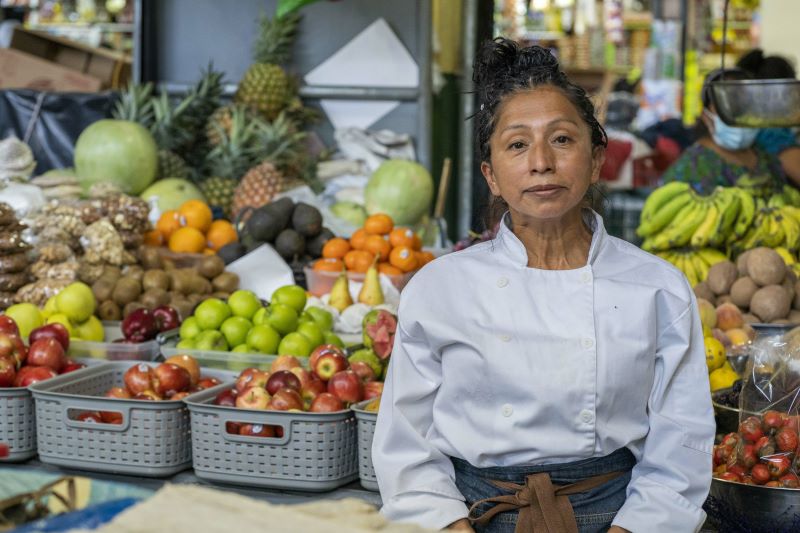Women’s History Month came to a close last week with the first virtual convening of the Generation Equality Forum in Mexico City. Originally scheduled for 2020, the Forum commemorates the 25th anniversary of the Beijing Declaration and Platform for Action, while bringing urgent attention to global leaders falling short of their stated objectives to achieve gender equality. Over the course of the three-day session, Forum participants heard from leaders of six Action Coalitions, each of which presented a blueprint of actions that coalition members will take to achieve their stated goals by 2026. Here we examine these newly announced goals, assess their scope and scale of ambition, and propose some next steps.
The problem: A gendered crisis that has magnified long-standing inequality
There was a consensus among Forum speakers on the disproportionate impact of the COVID-19 pandemic for women and girls and how the crisis has hindered progress to achieve gender equality. Analysis from CGD’s COVID-19 Gender and Development Initiative finds that women are disproportionately impacted by the pandemic through job loss, increased precarity in work, poverty and food insecurity, gender-based violence, and care burdens, among other impacts.
And yet, in spite of growing evidence on COVID-19’s gendered impacts, as of March 2021, only 20.5 percent of COVID-19 policy response measures in the areas of social protection, labor market, and fiscal and economic policy were gender sensitive. New data from the COVID-19 Global Gender Response Tracker shows that only 16 percent of COVID-19 task forces across 187 countries are at gender parity or include a majority of women.
How can the Generation Equality Forum process address these gaps in leadership and gender-sensitive policy response, which risk leaving women and girls even farther behind as a result of the COVID-19 crisis? One way is to ensure that the high-level goals announced in Mexico City translate into specific commitments by governments, donors, and the private sector—those that are right-sized and well-resourced to address the crisis’s gendered impacts.
What comes next? Turning high-level goals into targeted commitments
The Action Coalitions will reconvene with wider membership at the Generation Equality Forum in Paris from June 30 to July 2, 2021. In the lead up to Paris, other commitment makers can sign up to the Action Coalition of their choice and make commitments towards one of the coalition’s prioritized actions.
As Action Coalitions refine targets and develop costed plans, we encourage (especially) national governments and development banks, as well as other commitment makers, to take ownership of the Generation Equality agenda and promote accountability by making SMART commitments to accompany the high-level goals prioritized—those that are specific, measurable, answerable, relevant, and time-bound, as well as evidence-based. Lofty goals run the risk of creating uncertainty among potential stakeholders around ownership of outcomes, and even high-profile commitments may be low impact if they do not align with evidence on “what works” to narrow gender gaps and improve the lives of women and girls.
Rely on rigorous evidence. In future Generation Equality Forum convenings, researchers should be added as a category alongside national governments, UN agencies, private sector, civil society, and youth-led organizations to ensure commitments are grounded in rigorous data and evidence. For the moment, coalition leaders and other commitment makers should rely on the existing evidence base pointing to what works to improve economic, health, and broader outcomes for women and girls.
For example, well-designed cash transfers can help to alleviate the disproportionate impact of the COVID-19 pandemic on women’s employment, and consequently economic autonomy. But many governments have now ended the temporary payments they made to households in an earlier phase of the pandemic, in spite of data suggesting that the economic effects of the crisis will long outlast direct health effects, especially in low- and middle-income countries. Under the Economic Justice and Rights Coalition’s commitment to design and implement gender-responsive macroeconomic plans, including through “quality public social protection floors and systems,” cash transfers designed to reach and benefit women and girls should be a key policy lever harnessed by governments and supporting donor institutions. For other recommendations aimed at promoting a gender-responsive recovery, see our working papers on social protection, economic empowerment, and health.
What gets measured (and assigned) gets done. The 1995 Beijing Platform for Action included hundreds of recommended actions for governments, civil society, various UN bodies, political parties, donors, and others to advance the goals of the Platform. What it lacked, however, were clear, quantifiable indicators and targets accompanying recommended actions. Fortunately, the Generation Equality Forum blueprint document includes these indicators and targets—facilitating our ability to track progress towards high-level goals and hold global leaders accountable.
That said, at this stage, there is little information on responsible parties—governments, international financial institutions, and others—or how each action will be resourced. In the lead-up to Paris, it will be important for the Action Coalitions to assign responsibility to specific actors and call upon these actors to specify the resources (financial and otherwise) they will dedicate to implementing stated commitments.
Examine the ambition of each goal against a baseline. While setting quantifiable goals is a great start, we should also pause to examine the ambition of each goal relative to a baseline. For example, the Coalition for Feminist Movements and Leadership’s goal to double the amount of funding to feminist organizations by 2026 sounds excellent on its face, as increased funding to these groups should be a top priority, but it’s worth noting the paltry offerings directed at these groups to date. Only 1 percent of bilateral aid from DAC countries currently goes to women’s organizations and movements, so doubling this amount still leaves the vast majority of official development assistance outside of the hands of local groups that know their contexts best.
The Bodily Autonomy and SRHR Coalition’s goal of reaching 50 million more youth with sexuality education would reach just 4.2 percent of the total youth population. And the Economic Justice and Rights Coalition’s goal of reducing the number of women and girls in poverty by 85 million also serves as a small first step in addressing a massive need; UN Women has estimated that COVID-19 alone caused about 47 million women and girls to fall into extreme poverty in 2020. When combined with those falling into poverty from the ongoing health and economic crisis in 2021, a reduction of 85 million may not amount to more than getting us back to pre-pandemic levels.
Show us the money. During the Forum’s closing, governments and private foundations made financial commitments towards several Action Coalition goals. For example, the Canadian government committed $10 million to the UN Trust Fund to End Violence against Women. The Ford Foundation committed $15 million to the Equality Fund to support women’s rights organizations, and the Gates Foundation pledged $500,000 to fund youth activists. Women Moving Millions announced a campaign to raise $100 million to support Generation Equality commitments. But these initial commitments—overwhelmingly from philanthropic foundations and at fairly small scale—won’t get us anywhere close to achieving the Action Coalitions’ stated goals. Other national governments and donors should now follow their lead and pledge funding that will move the needle on gender equality. Financial commitments should be aligned to costing plans reflecting the resources required for high-level goals to be achieved.
Disclaimer
CGD blog posts reflect the views of the authors, drawing on prior research and experience in their areas of expertise. CGD is a nonpartisan, independent organization and does not take institutional positions.






